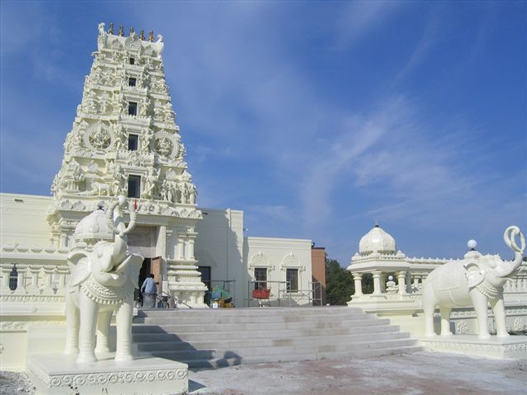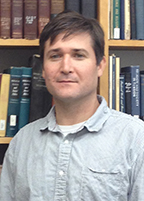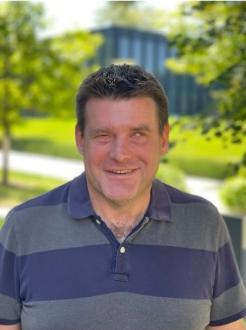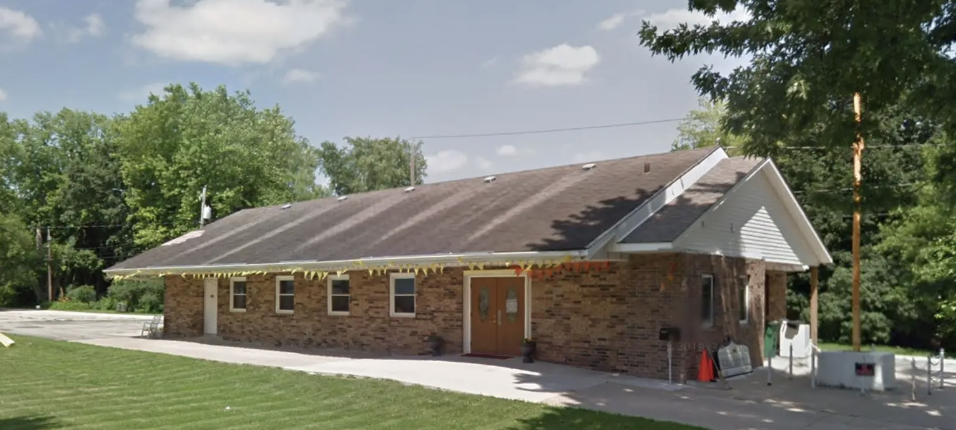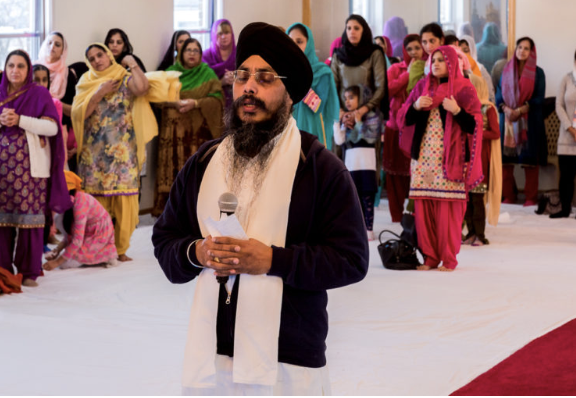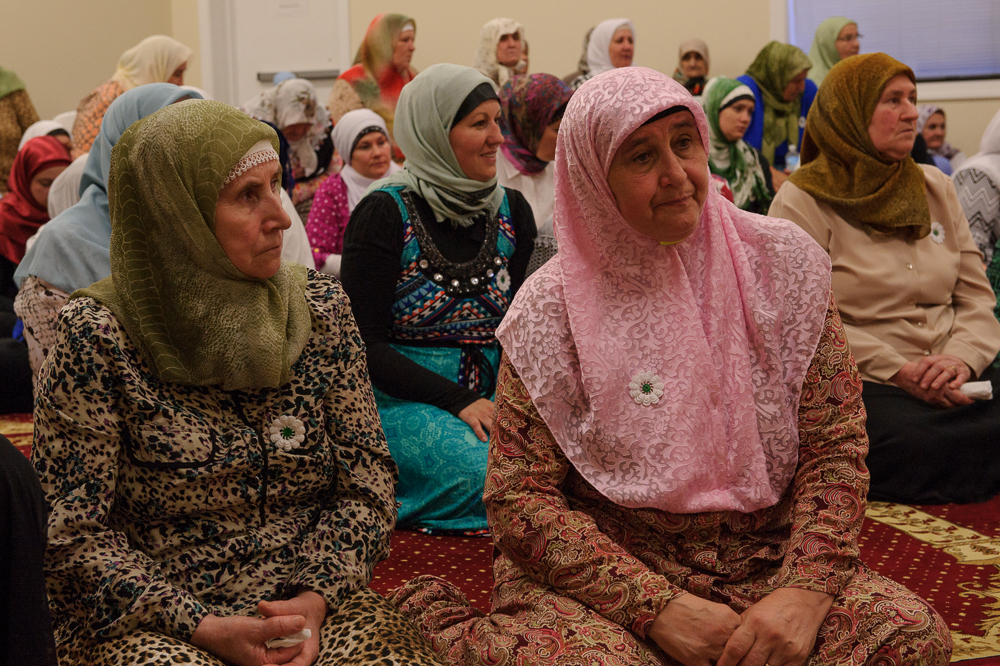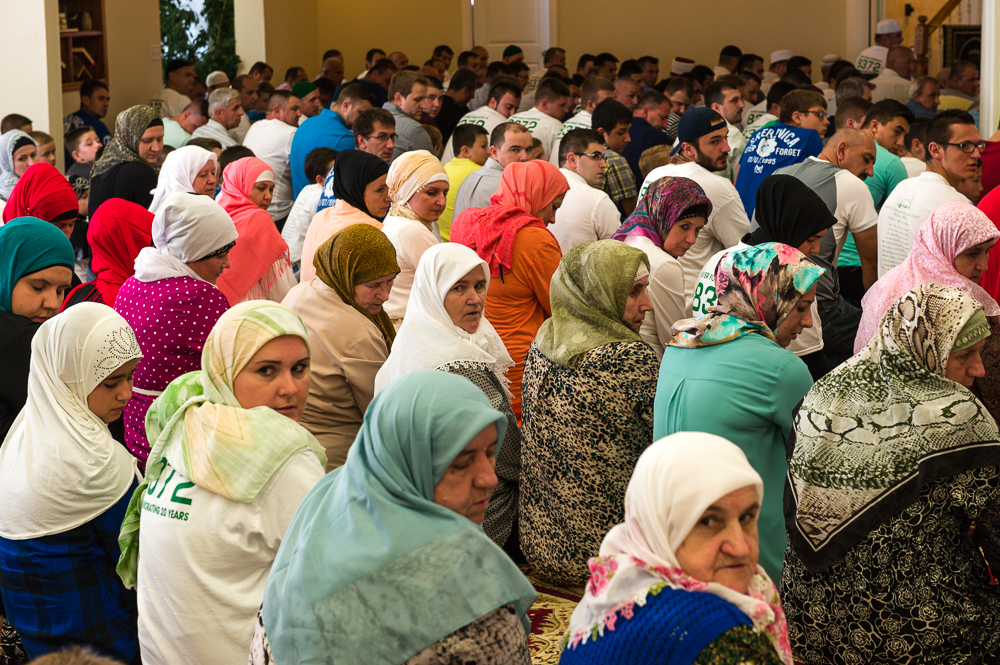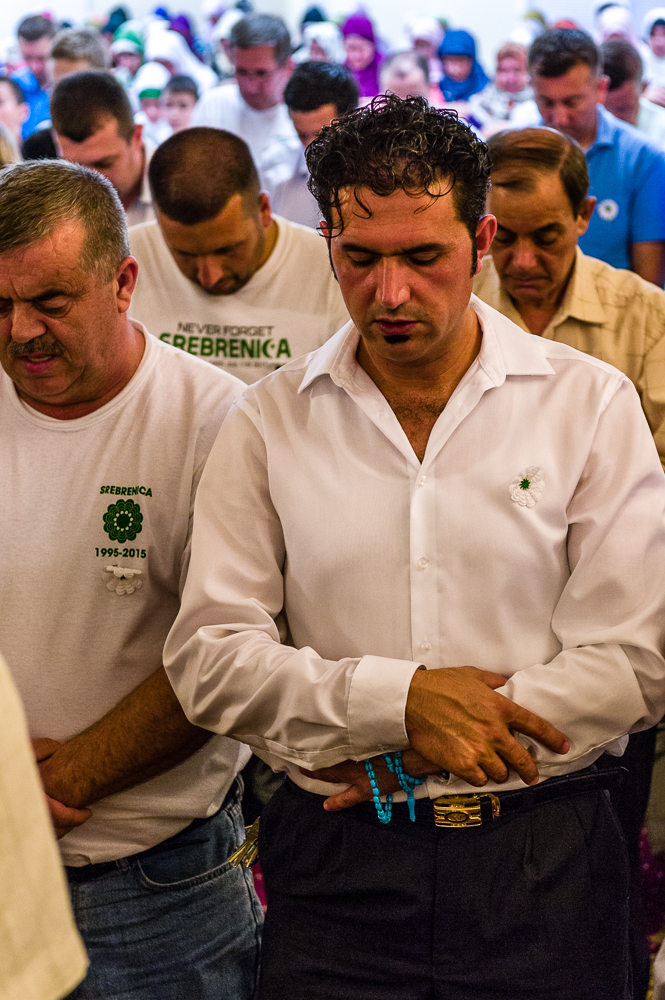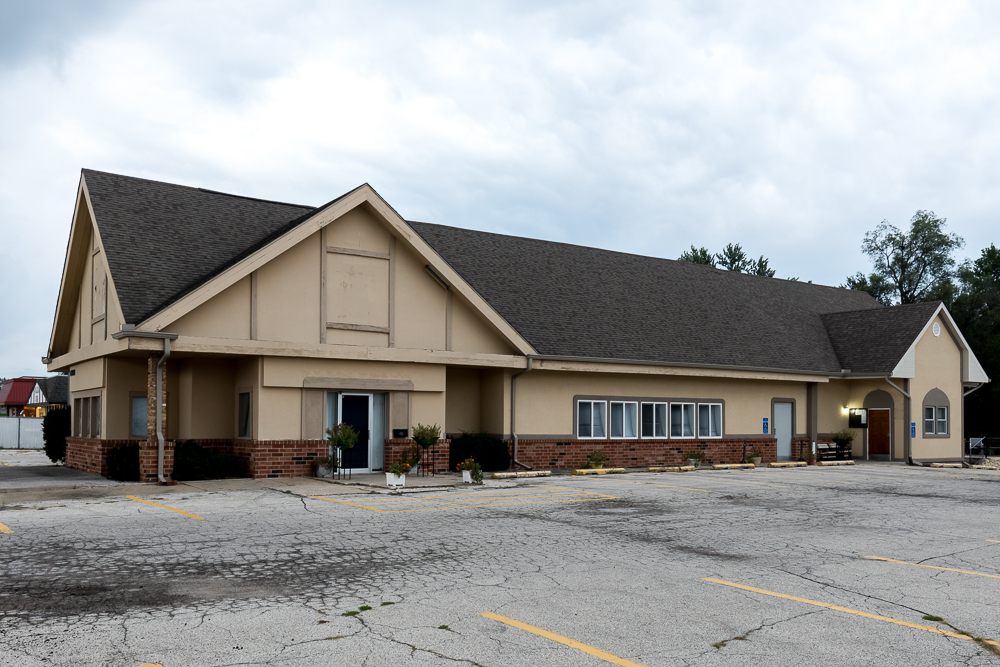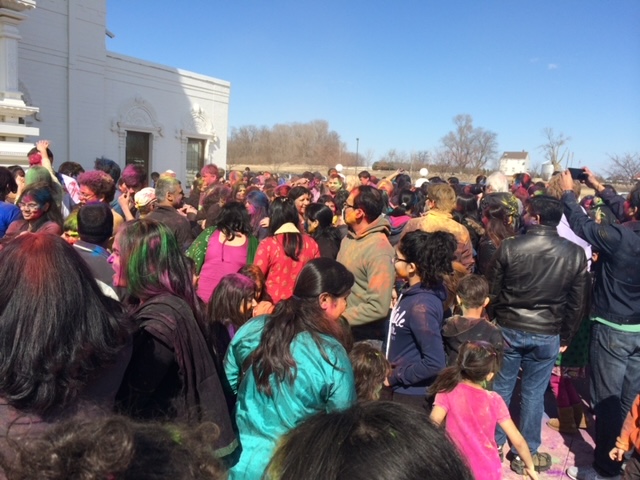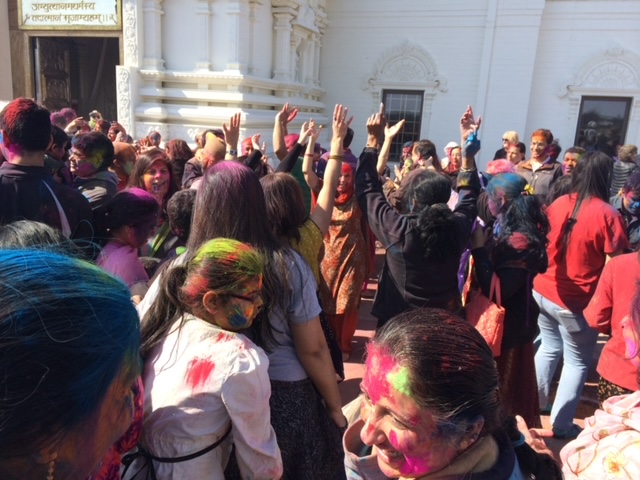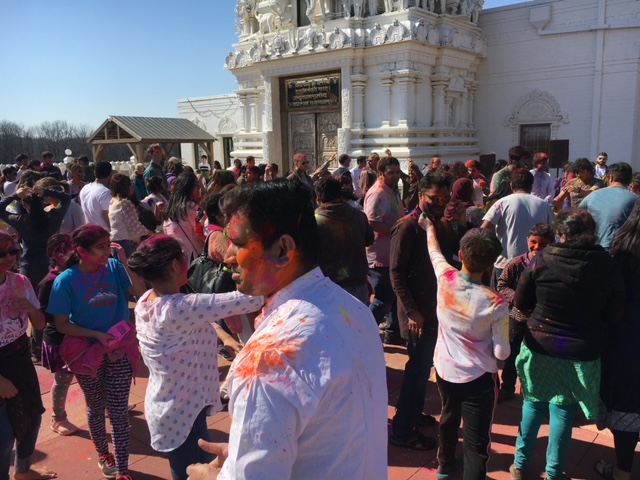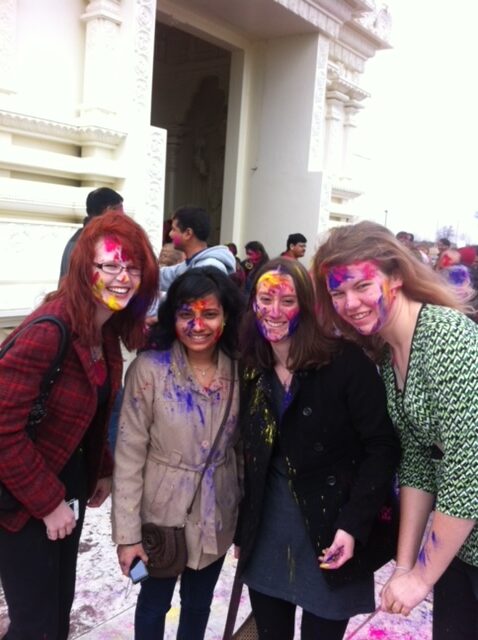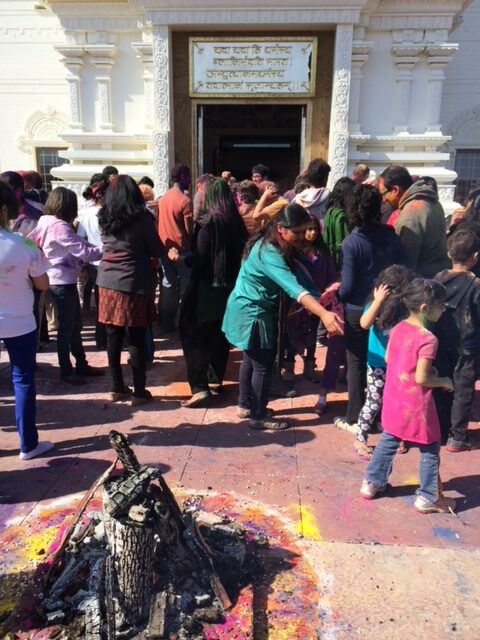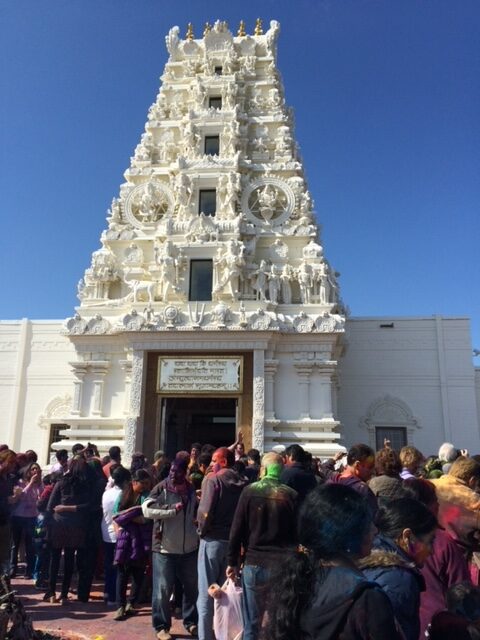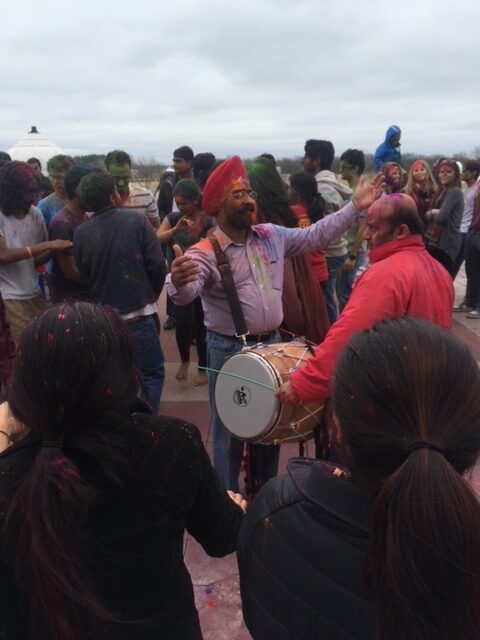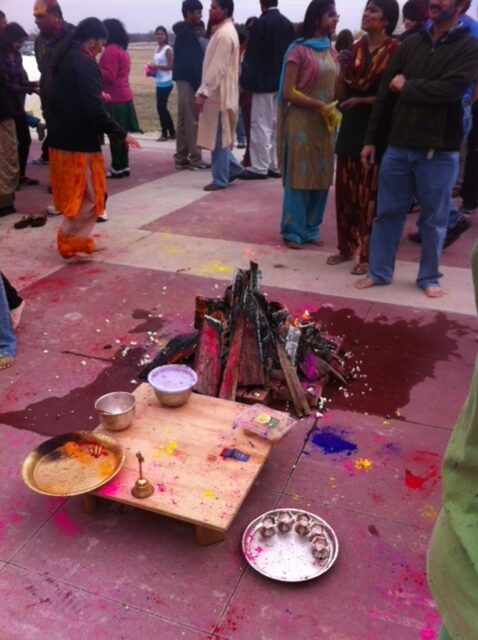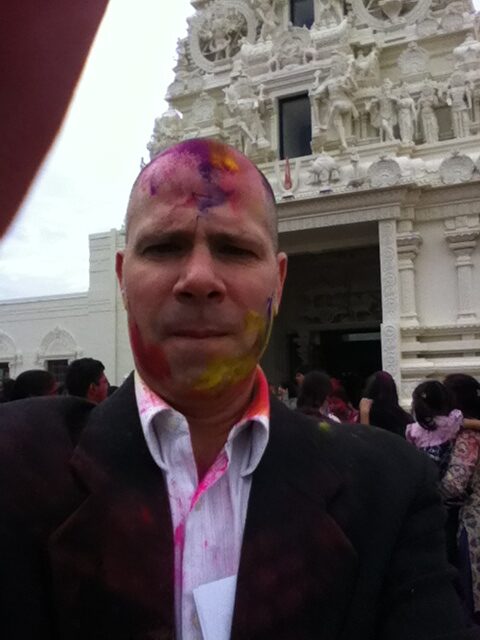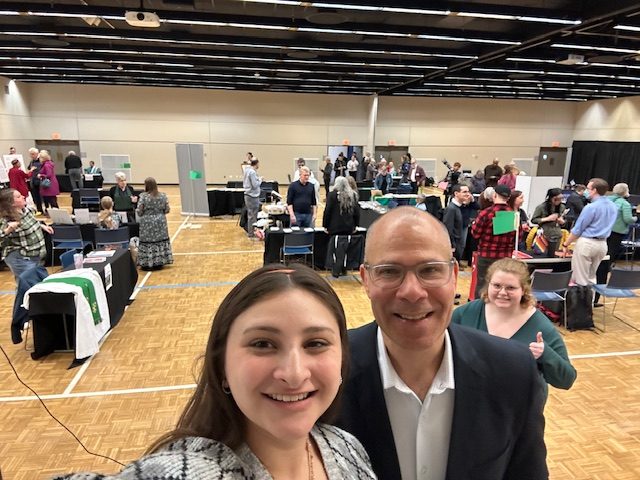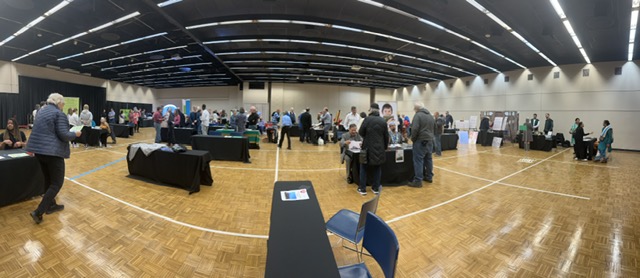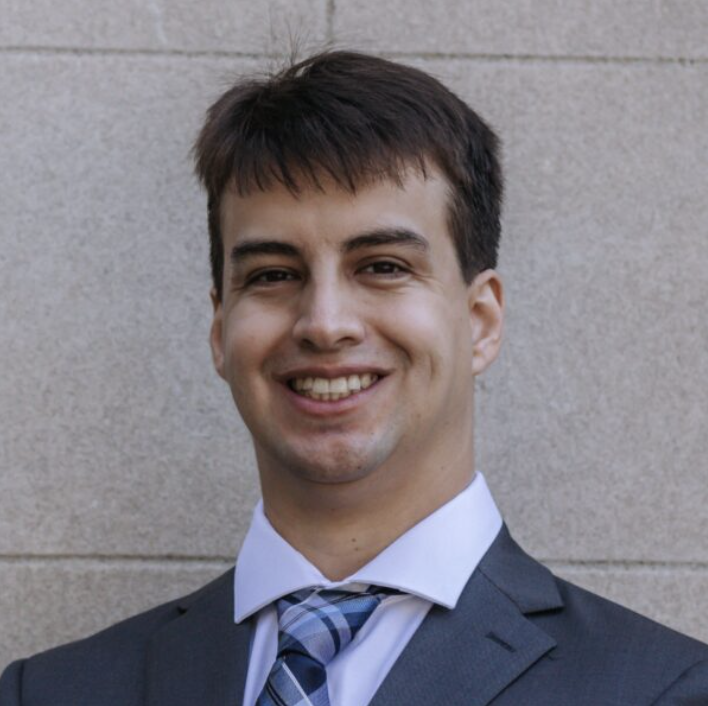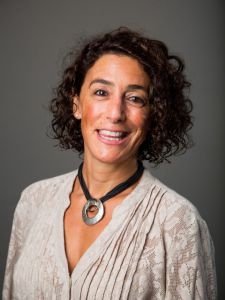October 24th at 6:00pm in Drake’s Sussman Theater (Olmsted Center): Dr. Bee Scherer, Prof. of Buddhist Studies at Vrije Universiteit Amsterdam (Netherlands) speaks (virtually) about “Is Buddhist Karma Ableist? Challenging Reductionist Assumptions around Causality, Merit, and Virtuous Bodies.”
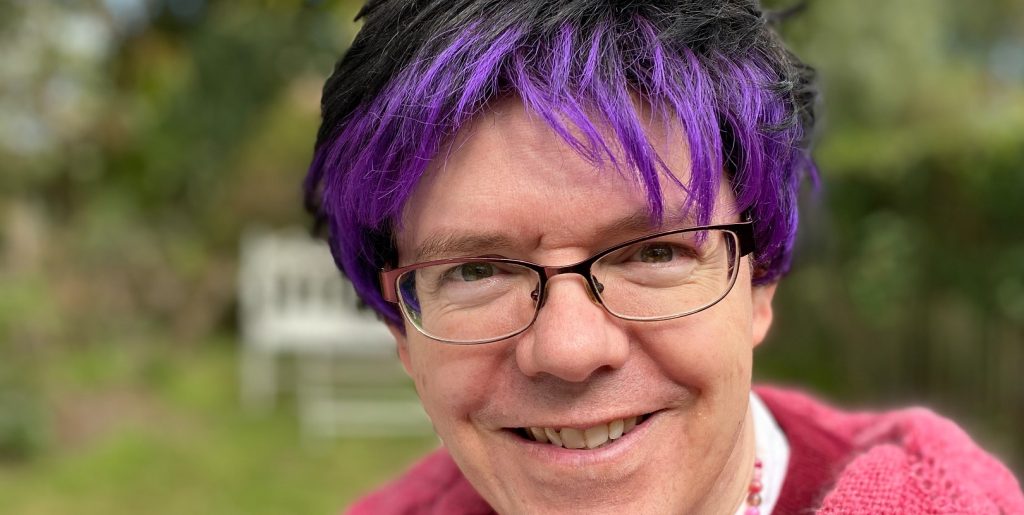
In this presentation, the Buddhist notions of causality will be explored against the backdrop of systemic ableist rhetoric and disabling societal playbooks. First, Buddhist approaches to karma (action; cause and effect) are introduced in the context of wider core Buddhist notions such as no-self and the tensions between sociological and soteriological modes of thinking, reflecting the Buddhist distinction between preliminary (‘unenlightened’) and ultimate experiences of reality. Further, the concept of merit/meritoriousness and its relation to birth as a human being are introduced. Then, examples of poetic, narrative and devotional texts are presented that appear to employ reductionist and ableist notions of karma in relation to variable human embodiments. Finally, ‘dharmological’ (i.e., Buddhist constructive-critical reflection) strategies are explored to counter popular ableist (mis)use of karma theories in contemporary Buddhist traditions.
Prof. Dr. Bee Scherer (they/their) is the Chair of Buddhist Studies at the Vrije Universiteit (VU) Amsterdam (Netherlands), and the rector of the Dutch Buddhist Seminary that oversees the national Buddhist chaplaincy training programme. Before that, Bee was Chair of Religious Studies and Gender Studies at Canterbury CCU, in the U.K. They are the founder of the interdisciplinary Social Justice institute INCISE (http://incise.center) and Queering Paradigms network. Trained in the classical Buddhist languages and thought systems, Bee has published on a wide range of topics in Buddhist Studies, Queer Theory, and Critical Disability Studies.
NOTE THAT THIS LECTURE WILL BE DELIVERED REMOTELY FROM AMSTERDAM. THOSE WHO WISH TO VIEW IT FROM SUSSMAN THEATER, MAY DO SO (AND ALSO ENJOY THE REFRESHMENTS PROVIDED THERE!). THOSE WHO WISH TO VIEW IT FROM HOME (OR ELSEWHERE), MAY ALSO DO SO. IF YOU WISH TO DO THE LATTER, PLEASE SIGN ON HERE BY 5:55 (AS THE LECTURE BEGINS AT 6:00 PM): https://drake-edu.zoom.us/j/81809413064.
https://drake-edu.zoom.us/j/81809413064.
See below for a video of the lecture:
